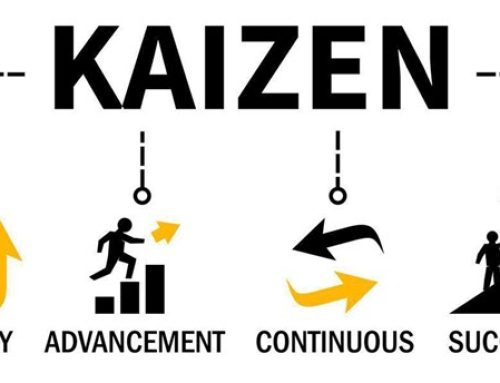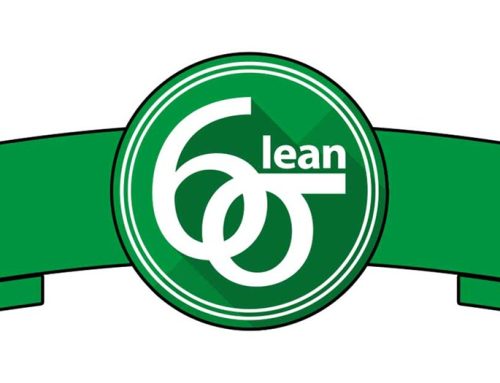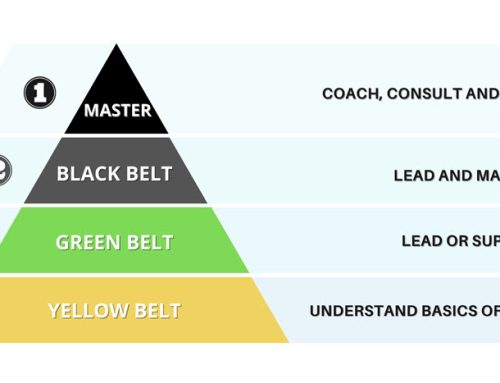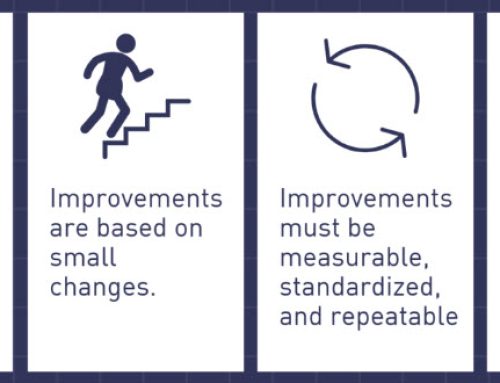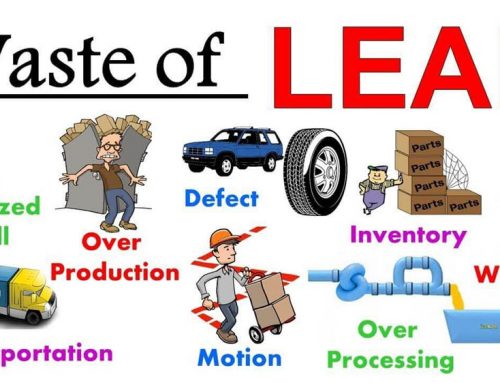What is Andon System?
Basically, an Andon System is part of Lean manufacturing which is designed to keep operators and managers on the alert about any occurring issues in real time and take counter measures without any delay. In simple terms, it can be defined as a visual tool where an abnormality can be easily displayed on a workstation e.g. through flashing lights. The Andon system works very closely together with the JIDOKA Lean manufacturing principle, aiming towards problems identification when they emerge. This way actions can be taken to address the issue and preventive measures implemented to avoid re-occurrence. The idea of JIDOKA is “Automatic detection of problems or defects at an early stage and proceed with the production only after resolving the problem at its root cause”. It implies that when a problem is noticed or a fault is discovered, then the operation and machines will stop automatically. They are then restarted again after the issue has been rectified.
Applications of Andon System
There are different applications of the Andon systems and their features will depend on how and where they are going to be implemented. However, all of them have a common feature of creating a response to an unusual condition. Andon systems can be applied in the manufacturing processes to support with improving quality and notification of maintenance, safety alerts, abnormal conditions of machinery and equipment amongst many others. In terms of an Andon system, some of the most used include alarms, beacons, checklists, information boards, results board, one-point lessons and pyramid of security. Moreover, in productive areas the Andon system has evolved over time, beginning with beacons having sounds to show the problems, then information boards with warning lights, followed by systems with the potential of online monitoring via mobile devices.
Additionally, there are lots of ways for using the Andon system in Lean manufacturing as well as different industrial sectors. The only way the Andon system can work properly, is when the operators are empowered to take action when activated. Here empowering operators does not mean to just given them permission, but also make them aware of their duty of stopping the line when problems take place. Usually, employees become hesitant to stop the line particularly in manufacturing on account of the downtime cost or for fear of being mistaken. For the majority of people, it looks counterproductive to stop the line, but the impact can be far worse if not.
It must be kept in mind that a proper plan is also required for resolving the problem when they occur and trigger the Andon system. It must be ensured there is an allocated team responsible for conducting the root cause analysis and implementing the solution. The time to reach a resolution will be greatly improved if the team has been defined in advance. More to the point, in the future operators will be less likely to stop the line when required if they are kept waiting, as the cost will be too high compared to the advantage.
Benefits of Andon Systems
The Andon system will present a lot of benefits for an organization in the short as well as long term. It saves significant amount of time as the visual display of issues offers an enhanced understanding of the circumstances. Since in the factory time is money, the decrease of lost time can result in reducing production costs related to unexpected downtime. Moreover, the visual or sound display leads toward an improved flow of internal communication among the different stakeholders. Another benefit of the Andon system is operational excellence which assembles every procedure for continuous improvement. Now this is lean management, Theory of Constraints (TOC), responsive methods and personal growth. In practical terms, its purpose is to improve the well-being of the various actors in the workplace as well as their working conditions. The Andon system plays a fundamental role in this approach, since it provides the opportunities for different ways of continuous improvement, aiming to optimize the organization’s performance at every level.


